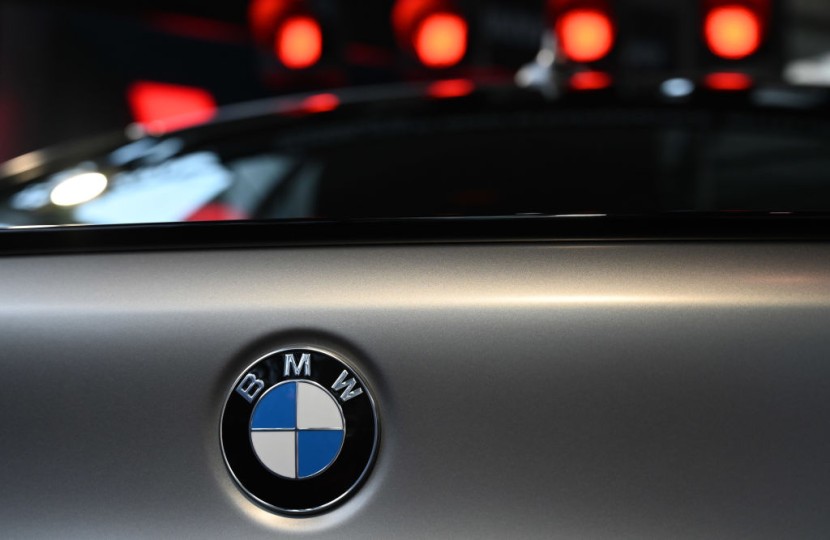BMW recalls older vehicles, warning 90,000 car owners in the United States due to defective Takata airbags, which could dangerously explode.
The German automaker issued a "do not drive" warning to affected customers until the defective airbags had been properly replaced with a new one.
BMW Recall: 90,000 Car Owners Receives 'Do Not Drive' Warning

According to Bloomberg, BMW dished out a "do not drive" alert to its customers over a defective airbag installed in 90,000 older cars and SUVs. The latest warning resembles the previous recall of other giant automakers, such as Ford Motor and Honda Motor, which also used Takata airbags on their vehicles.
Thirty-four car makers have already issued a similar "do not drive" warning to their customers due to the defective airbag, which could explode when exposed to heat and humidity for a long time.
The National Highway Traffic Safety Administration reports that the airbag defect has already killed 24 people in the US. Not to mention that injury cases have reached roughly 400. With these figures, the issue triggered one of the largest recalls in the entire history of the US.
The latest recall from BMW enables its customers to have the dangerously defective airbags replaced on their vehicles free of charge. The "do not drive" warning applied to the owners of various BMW vehicles as early as 2000 until the models were released in 2006.
To be precise, the recall involves 3 Series models between 2000 and 2006. It also covers 5 Series vehicles sold from 2000 to 2003. For the X5 SUV, the defective airbags affect its 2000 to 2004 models. So if you own the said vehicles, the German automaker warns owners not to drive these vehicles.
The Acting Administrator of the NHTSA, Ann Carlson, emphasized the importance of the recent recall involving 90,000 BMW vehicles. As per Ars Technica, she points out that these airbags are already 20 years or two decades old. And as such, defective equipment poses an alarming 50% chance of exploding even in minor crashes.
Dangerous Takata Airbag Defect

NPR reports that Takata, the maker of the airbags on the affected BMW vehicles, applied ammonium nitrate to help inflate the safety equipment when a crash occurs. However, it turns out that the chemical used only ages well over time. Moisture and high temperatures are its closest enemy, which could lead to an explosion inside the vehicle.
Since the defective airbags started exploding, it has already killed 33 people from various parts of the world, mostly in the US. The Japanese firm behind the defective equipment, Takata, has since shut down due to bankruptcy.
Years since the controversy erupted, BMW has yet to replace the dangerous airbags in its older vehicles. The automaker urges customers to bring affected cars to the dealership, noting that the installation will be quick.
Related Article : Tesla's New Affordable Model Y Set to Hit Canadian Markets: Rumors of Chinese Imports Spark Excitement








